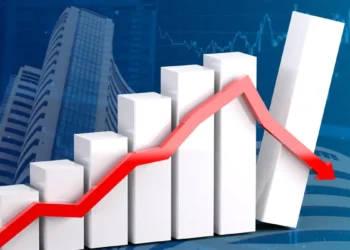In a significant development for Nigeria’s energy landscape, the Dangote Refinery has officially commenced the sale of petroleum products, offering hope for cheaper fuel across the country. Devakumar Edwin, the executive director of the Dangote Group, announced on Tuesday, March 2, that the refinery has started supplying petroleum products to the local market.
According to Edwin, the refinery has substantial quantities of products ready for distribution, with operations underway for both sea and road transportation. Vessels carrying up to 26 million litres of petroleum products are being dispatched, marking a significant step forward in meeting local demand.
“We have substantial quantities. Products are being evacuated both by sea and road. Ships are lining up one after another to load diesel and aviation jet fuel,” stated Edwin. He further mentioned that efforts are being made to maximize vessel capacities for efficient operations.
Petroleum marketers have set a price of N1,225 ($0.96) per litre of diesel based on bulk purchase agreements. Abubakar Maigandi, the president of the Independent Marketers Association of Nigeria (IPMAN), confirmed the pricing strategy, indicating that members of the association, who own over 150,000 retail stations nationwide, will adopt this pricing model.
Furthermore, smaller depots and petroleum marketers are actively seeking letters of credit to facilitate purchases from Dangote. Femi Adewole, the executive secretary of IPMAN, disclosed that negotiations with banks are in advanced stages, expressing optimism about commencing product lifting once the necessary financial arrangements are in place.
The commencement of fuel sales marks a significant milestone for the Dangote Petroleum Refinery, which earlier in January began production of aviation fuel and diesel. With six million barrels of crude oil delivered to the refinery offshore, operations have steadily progressed since the first delivery in December 2023.
The entry of Dangote Refinery into the petroleum products market is expected to enhance competition, potentially driving down fuel prices across Nigeria. As the refinery ramps up production and distribution, consumers can anticipate greater accessibility to affordable fuel, offering relief amidst rising energy costs.










